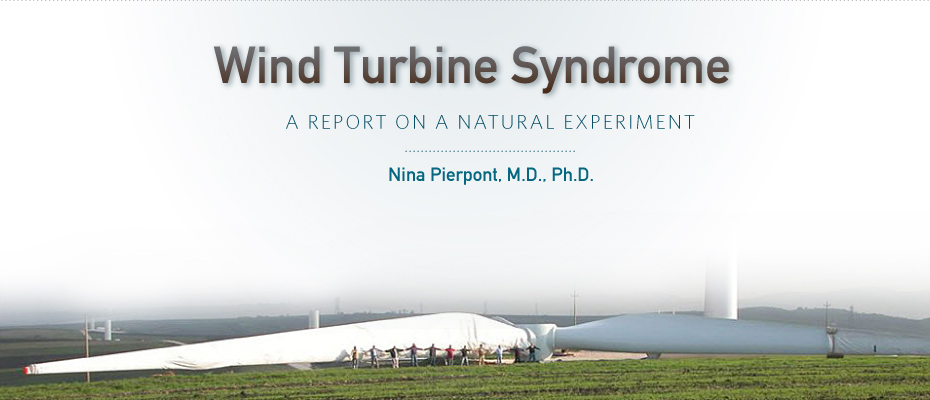Is wind energy realistic?
Mar 22, 2010

Professor David MacKay, Dept of Physics, Cambridge University
Dr. David MacKay, Professor of Natural Philosophy in the Department of Physics, University of Cambridge (UK), answers that question in a no nonsense, easy-to-read, luxuriously illustrated book called Sustainable Energy—without the Hot Air (Cambridge, UK: UIT Cambridge, 2009). Click here for an interview with Professor MacKay.
Kselected.com recommends you read the book. Professor MacKay is not promoting one kind of energy source over another. He has no axe to grind. His goal is simple: to compare current energy usage throughout the United Kingdom with what can be reasonably expected from non-renewable and renewable energy sources. In other words, he uses numbers to show “this is what we consume” and “this is what wind, solar, oil, nuclear, coal, and natural gas can realistically provide.”
Plain, factual talk, “without the hot air.”
The first half of this book discusses whether a country like the United Kingdom, famously well endowed with wind, wave, and tidal resources, could live on its own renewables. We often hear that Britain’s renewables are “huge.” But it’s not sufficient to know that a source of energy is “huge.” We need to know how it compares with another “huge,” namely our huge consumption. To make such comparisons, we need numbers, not adjectives.
Where numbers are used, their meaning is often obfuscated by enormousness. Numbers are chosen to impress, to score points in arguments, rather than to inform. In contrast, my aim here is to present honest, factual numbers in such a way that the numbers are comprehensible, comparable, and memorable. The numbers are made accessible by expressing them all in everyday personal units. Energies are expressed as quantities per person in kilowatt-hours (kWh), the same units that appear on household energy bills; and powers are expressed in kilowatt-hours per day (kWh/d), per person.
—from the 10-page synopsis
What he says can be more or less applied to other developed countries, like the USA and Canada.
Click here for a 10-page synopsis of the book. You can buy it in paperback or, if you prefer, click here to download the entire book as a PDF.
We have an addiction to fossil fuels, and it’s not sustainable. The developed world gets 80% of its energy from fossil fuels; Britain, 90%. And this is unsustainable for three reasons. First, easily-accessible fossil fuels will at some point run out, so we’ll eventually have to get our energy from someplace else. Second, burning fossil fuels is having a measurable and very-probably dangerous effect on the climate. Avoiding dangerous climate change motivates an immediate change from our current use of fossil fuels. Third, even if we don’t care about climate change, a drastic reduction in Britain’s fossil fuel consumption would seem a wise move if we care about security of supply: continued rapid use of the North Sea oil and gas reserves will otherwise soon force fossil-addicted Britain to depend on imports from untrustworthy foreigners. (I hope you can hear my tongue in my cheek.)
How can we get off our fossil fuel addiction?
There’s no shortage of advice on how to “make a difference,” but the public is confused, uncertain whether these schemes are fixes or figleaves. People are rightly suspicious when companies tell us that buying their “green” product means we’ve “done our bit.” They are equally uneasy about national energy strategy. Are “decentralization” and “combined heat and power,” green enough, for example? The government would have us think so. But would these technologies really discharge Britain’s duties regarding climate change? Are windfarms “merely a gesture to prove our leaders’ environmental credentials”? Is nuclear power essential?
We need a plan that adds up. The good news is that such plans can be made. The bad news is that implementing them will not be easy.
—from the 10-page synopsis
